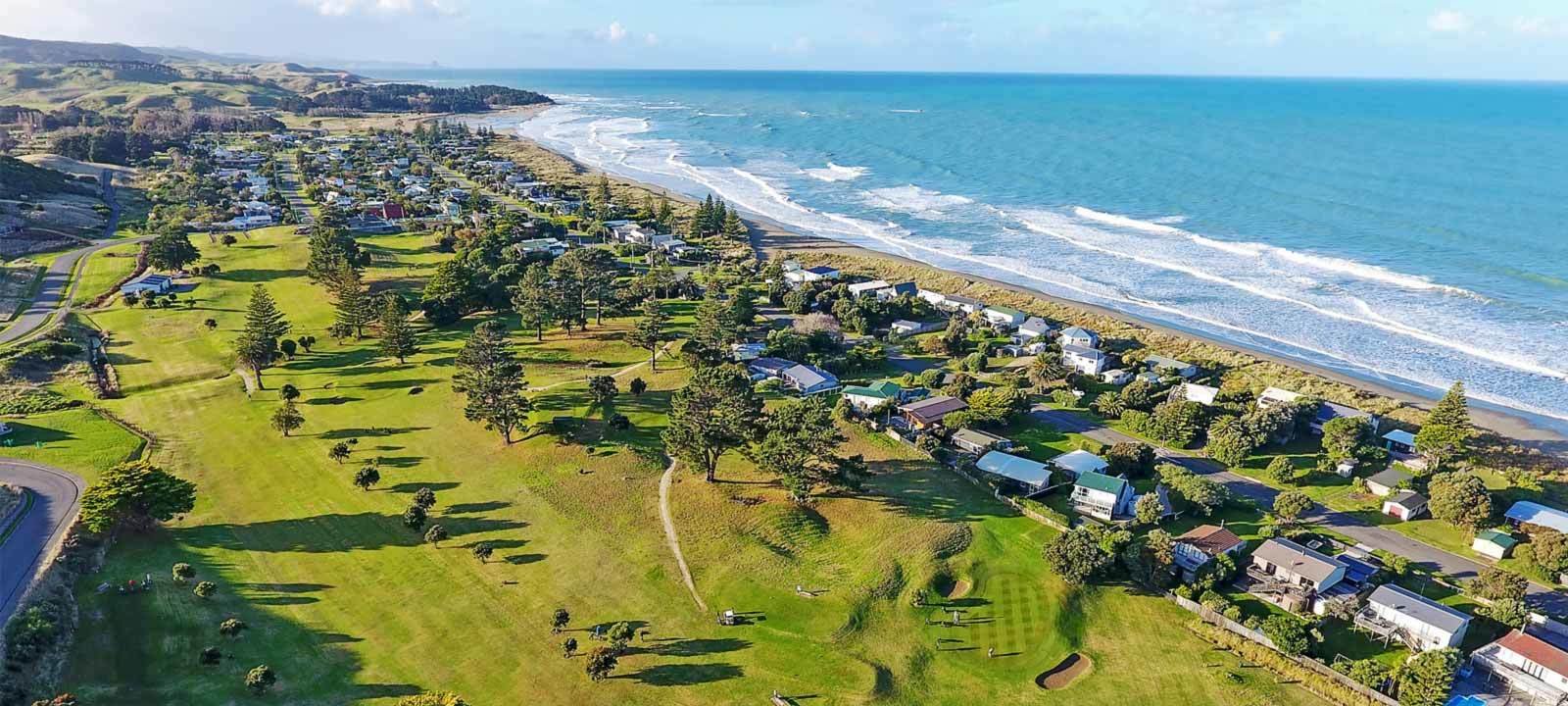In a groundbreaking move, the Western Cape Government, in collaboration with the Hessequa Municipality, is spearheading efforts to eliminate load shedding in Riversdale.
Premier Alan Winde, addressing the State of the Province, highlighted the detrimental impact of load shedding on the province’s economic growth. Losses ranging from R49 billion to R61 billion in real GDP have been incurred since the onset of load shedding, with a staggering daily cost of R43 million during stage 4 load shedding in 2022.
Optimistically, Winde announced the Western Cape’s commitment to becoming the first load shedding-free province in the country. A substantial investment of just under R7 billion over the next three years aims to enhance the province’s energy resilience. This initiative involves contributions from the province (over R1 billion), the City of Cape Town (R3.9 billion), and R1.9 billion from other municipalities, aimed at supporting the private sector and households in meeting their energy needs.
A pivotal aspect of this ambitious plan is the joint effort between Hessequa Municipality and the Western Cape Government to execute a R210 million solar PV project in Riversdale. This project, slated to be completed over the next three years, is anticipated to eradicate the need for load shedding. The Democratic Alliance, governing the province, envisions that the project could generate an impressive 15 million kilowatt hours annually, ultimately transforming Riversdale into the Western Cape’s inaugural load shedding-free town, benefitting its 22,000 residents.
Winde also shared noteworthy developments in embedded generation installations across twenty-five municipalities. Additionally, private households and businesses are actively contributing to the energy revolution with several wind and solar projects. These include plans for three 75MW solar farms in the Touws River area and a collaboration between Atlantis Foundries and Energy Partners on a significant embedded solar project featuring 20,000 ground-mounted solar panels.
Moreover, partnerships like the one between Prescient Investment Management and H1 Holdings are driving a solar project set to commence operations next year, potentially powering up to 100,000 homes.
As Eskom grapples with load shedding challenges and underperforming generating units, towns, municipalities, and cities are taking control of their energy needs. Beyond the billions invested in own-generation and alternative energy sources in major cities, smaller towns like Clarens in the Free State are pioneering innovative solutions. Clarens recently earned the title of the country’s first ‘smart town,’ utilizing an app to manage loads and implement load curtailment at a group level.
While some towns, like Frankfort, have encountered regulatory hurdles in their bid to eliminate load shedding through solar initiatives, the overall momentum signals a transformative shift towards self-reliance in power management.
